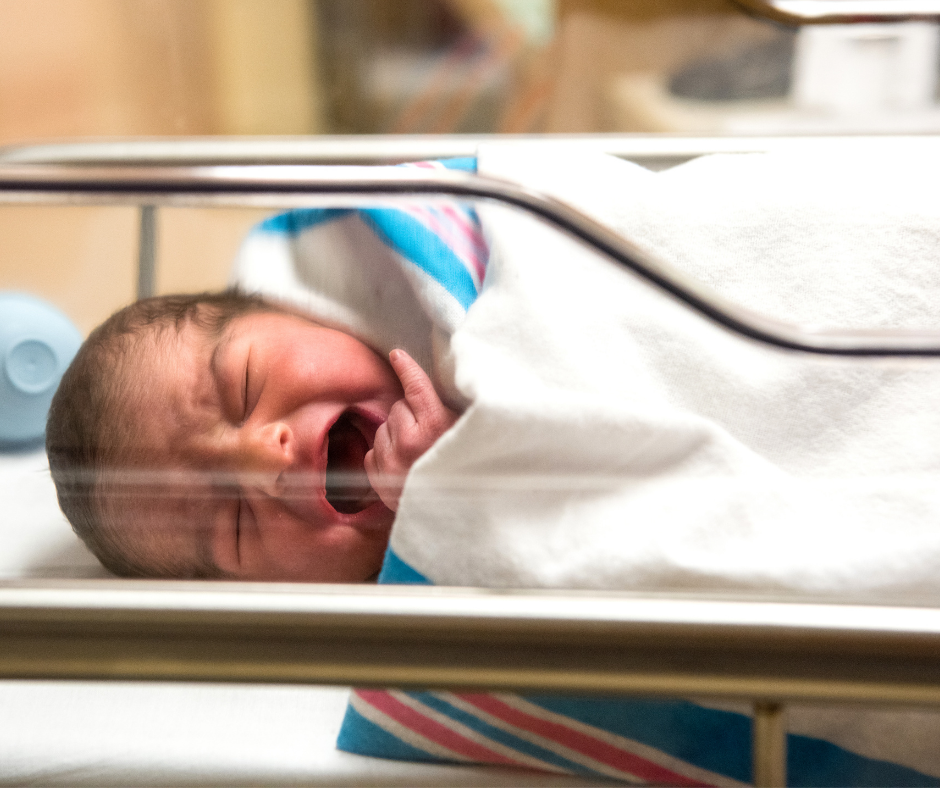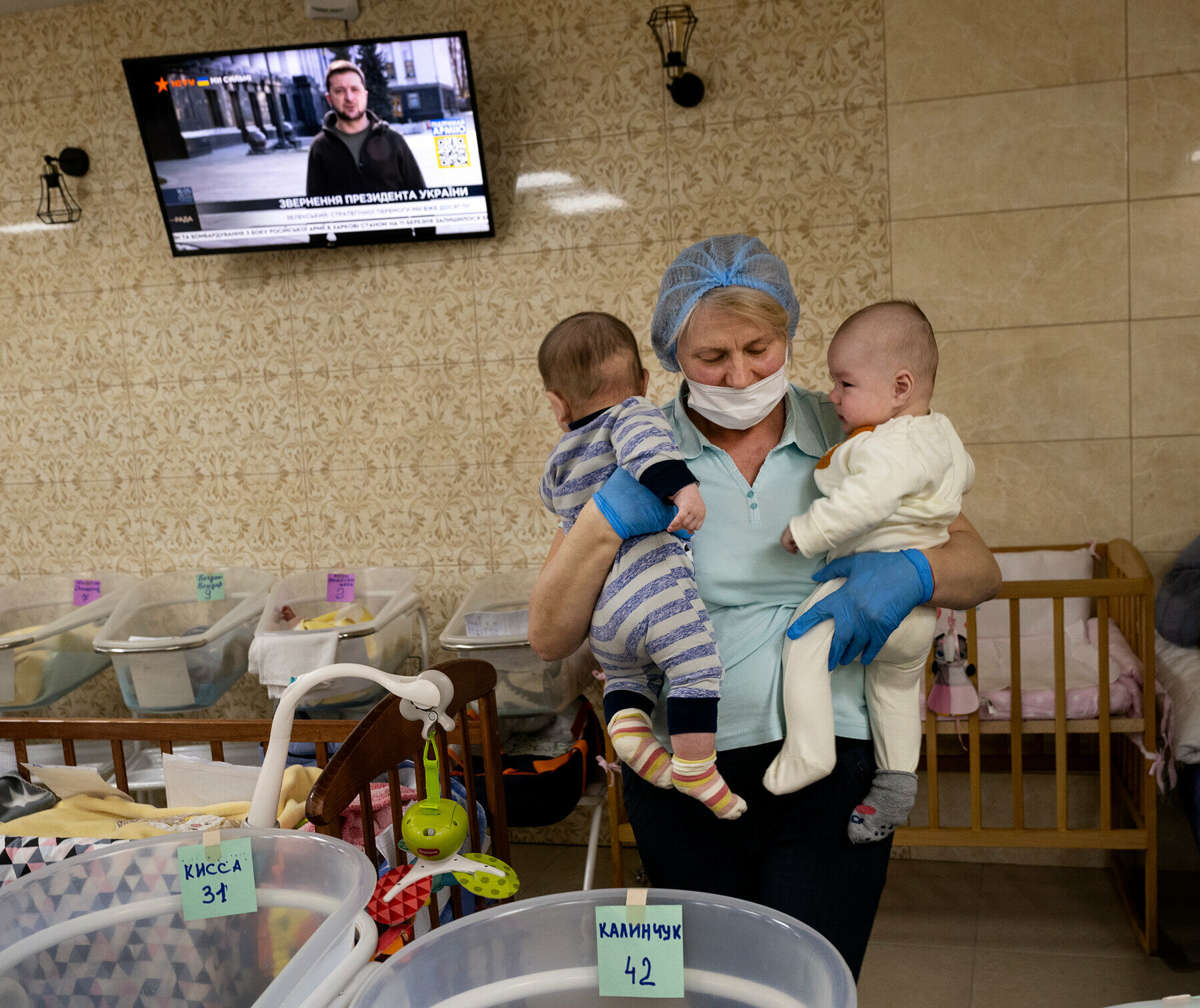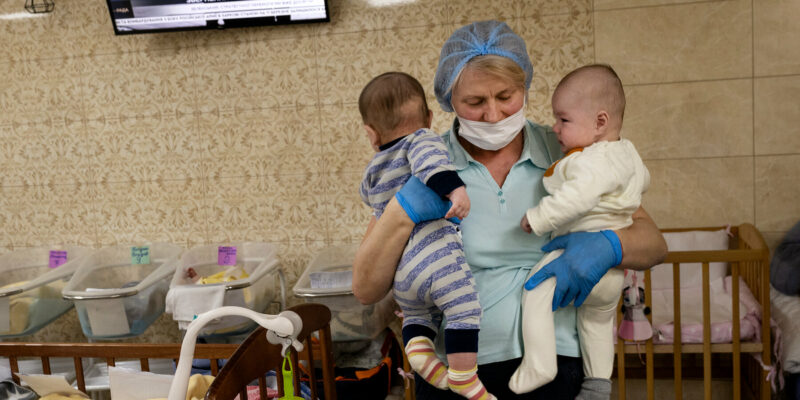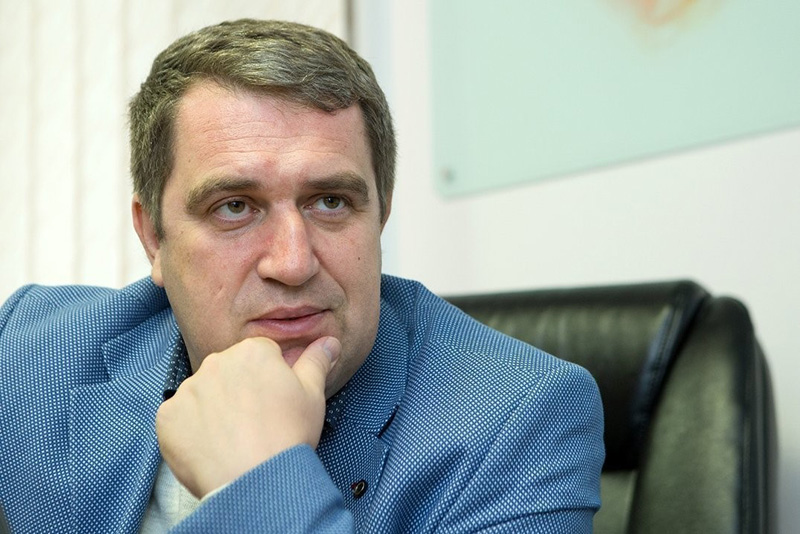sniffy
Senior Reporter
Ukraine and Its Surrogacy Industry

 realwomenofcanada.ca
realwomenofcanada.ca
The Ukraine has one of the world’s largest gestational surrogacy industries. Each year, between 2000 and 2500 babies are born by surrogacy in the Ukraine to low income women.
The surrogacy industry plasters advertisements on buses and the metro, for healthy women of child bearing age. To encourage women to participate, the industry pays the surrogate mother $11,000 and a $250 monthly stipend.
This is an enormous amount of money particularly for the Ukraine, where the average yearly salary is $3,000.
There are at least 33 private surrogacy clinics, which thrive under Ukraine’s lenient regulation and are aided by skilled physicians readily available to carry out the procedure.
Demand for surrogate mothers skyrocketed after Asian countries, such as Nepal, India and Thailand, outlawed commercial surrogacy because of its exploitation of women. Unfortunately, exploitation is occurring in the Ukraine, with surrogate mothers living in terrible conditions, especially during the late stages of pregnancy. The surrogacy business is a highly profitable one that operates in a gray zone of the law, which leads to this abuse of women.
Surrogate mothers and their babies are commodified under this procedure and regarded only as purchased products, never treated as human beings. For example, during the COVID-19 pandemic, nearly 50 newborns were placed in a Kyiv hotel because parents were unable to enter the country to collect their children.

Ukraine and Its Surrogacy Industry - REAL Women of Canada
The Ukraine has one of the world’s largest gestational surrogacy industries. Each year, between 2000 […]
 realwomenofcanada.ca
realwomenofcanada.ca
The Ukraine has one of the world’s largest gestational surrogacy industries. Each year, between 2000 and 2500 babies are born by surrogacy in the Ukraine to low income women.
The surrogacy industry plasters advertisements on buses and the metro, for healthy women of child bearing age. To encourage women to participate, the industry pays the surrogate mother $11,000 and a $250 monthly stipend.
This is an enormous amount of money particularly for the Ukraine, where the average yearly salary is $3,000.
There are at least 33 private surrogacy clinics, which thrive under Ukraine’s lenient regulation and are aided by skilled physicians readily available to carry out the procedure.
Demand for surrogate mothers skyrocketed after Asian countries, such as Nepal, India and Thailand, outlawed commercial surrogacy because of its exploitation of women. Unfortunately, exploitation is occurring in the Ukraine, with surrogate mothers living in terrible conditions, especially during the late stages of pregnancy. The surrogacy business is a highly profitable one that operates in a gray zone of the law, which leads to this abuse of women.
Surrogate mothers and their babies are commodified under this procedure and regarded only as purchased products, never treated as human beings. For example, during the COVID-19 pandemic, nearly 50 newborns were placed in a Kyiv hotel because parents were unable to enter the country to collect their children.






